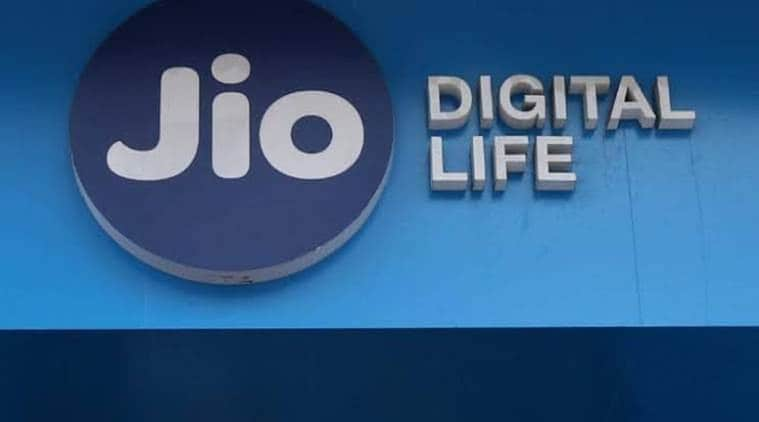Reiterating its demand that no relief should be given to incumbent operators with respect to the Supreme Court’s verdict on adjusted gross revenue (AGR), Jio said any move to provide relief would be considered as loss to the public exchequer. It will also set a bad precedent for other sectors.
In a letter to communications minister Ravi Shankar Prasad, Jio said any reduction in the financial liability of the operators would in effect be rewarding them for their conduct in initiating frivolous and vexatious proceedings to delay payment of their just dues. Jio also said the Cellular Operators Association of India (COAI) is continuing to overlook its points of view, which indicate a deliberate and motivated agenda to only safeguard interests of two select members – Airtel and Vodafone Idea.
“…in order to help its two select members get a financial windfall from the government, the COAI is in fact canvassing for going against the decision of the Supreme Court judgment,” Jio said.
The telco said the Supreme Court in its October 24 order clearly settled the base on which statutory levies such as telecom licence fee and spectrum usage charge have to be paid, and waiving of interest and penalty on due amounts of the past 14 years will be violative of the judgment.
Due to the verdict, total liabilities, including spectrum usage charges, could be to the tune of Rs 1.4 lakh crore, forcing operators to seek relief through the COAI. The operators are seeking waiver of at least the penalty and interest on delayed payments, which constitute about half of the total dues, if a complete waiver of past liabilities is not possible.
However, Jio said telcos have sufficient resources to meet the liability and players like Airtel and Vodafone Idea had reaped rich bonanza when they accepted and moved to a revenue-share method of paying statutory dues almost two decades back.
Stating that the Supreme Court has repeatedly held that spectrum is a finite and precious natural resource, Jio said, “Any action on the part of the government of India to modify or waive contractual provisions pertaining to interest and penalty on unpaid dues would not be legally tenable, especially when same has been dealt in the judgment of the Supreme Court specifically.”


